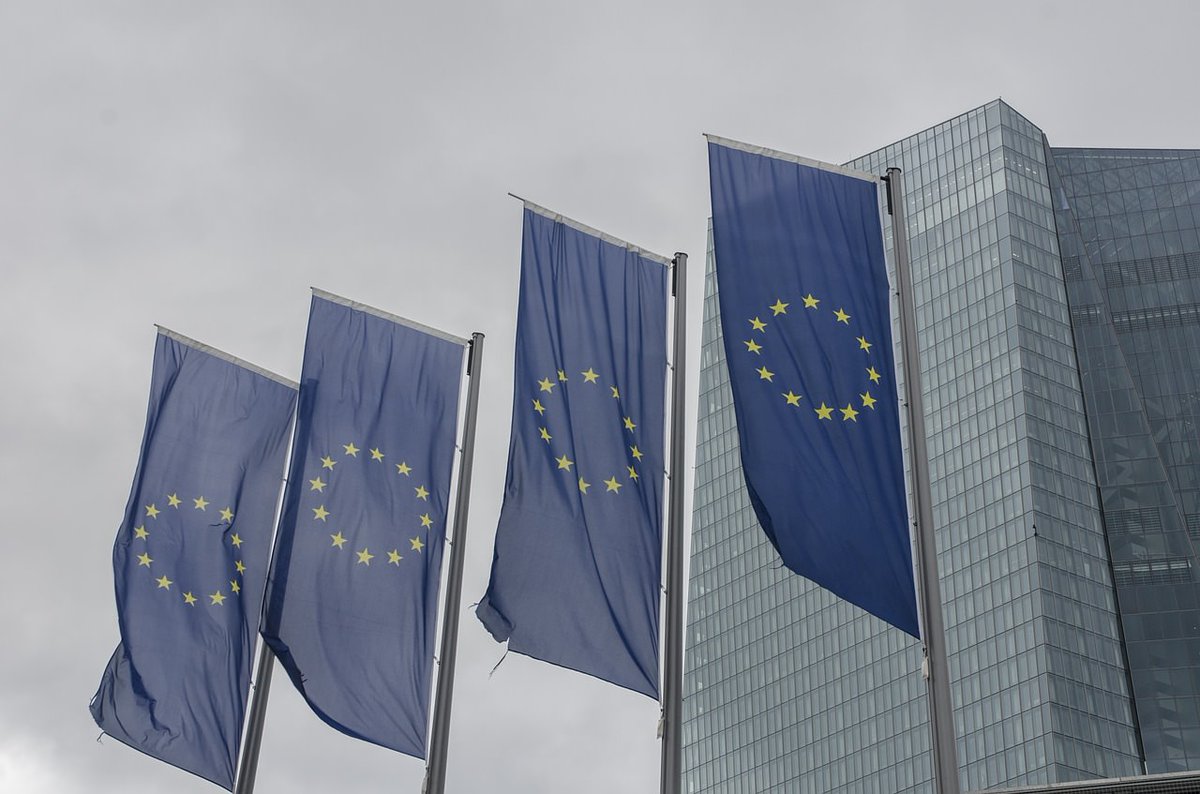Confederation Lewiatan proposes the creation of an” EU Energy Strategy ” and the launch of a pan-European industrial transformation program, similar to the NRP, with similar funding mechanisms. According to the organization, this will make the Old Continent one of the world’s cheapest electricity suppliers.
- The European Green deal poses a huge challenge for all industries and companies, especially small and medium-sized enterprises.
- The organization draws attention to the need to strive for energy independence and competitiveness in the energy sector in the EU, while ensuring an appropriate investment climate and protecting the internal market.
- It also calls for the promotion of long-term solutions for the cost-effective decarbonisation of EU economies, based primarily on renewable energy sources, gaseous renewable fuels (e.g. green hydrogen, biogas and biomethane), as well as initiatives supporting market – based mechanisms for purchasing renewable energy for industry.
The Confederation reminds that on January 1, 2025, Poland will assume the presidency of the Council of the European Union for six months. The organization has prepared proposals for the Polish presidency and for the new European Parliament and the European Commission.
„The European Green deal poses a huge challenge for all industries and companies, especially small and medium-sized enterprises, which need support to implement change. The Polish presidency should therefore focus on creating a favourable environment for achieving the ambitious goals of the green transition, bearing in mind the competitiveness of industry and ensuring the highest level of energy security. Financial support for entrepreneurs is also extremely important,”says Jakub Safjański, Director of the Department of Energy and Climate Change at Lewiatan.
The organization draws attention to the need to strive for energy independence and competitiveness in the energy sector in the EU, while ensuring an appropriate investment climate and protecting the internal market. It also proposes to develop an „EU energy strategy” to make Europe one of the cheapest markets for electricity suppliers: to increase the supply of renewable energy and low-carbon hydrogen at competitive costs.
Lewiatan also calls for the promotion of long-term solutions for the cost-effective decarbonisation of EU economies, based primarily on renewable energy sources, gaseous renewable fuels (e.g. green hydrogen, biogas and biomethane), as well as initiatives supporting market-based mechanisms for purchasing renewable energy for industry, e.g. through PPAs.
Businesses stress the need to support the regulatory environment for the development and restructuring of distribution and transmission networks, particularly in the area of investment financing and modernisation. They should not result in transferring the entire impact of this development onto consumers, nor should they negatively affect the availability of the grid for renewable energy sources (RES).
According to the organization, it is important to develop national industrial transformation strategies, which will identify opportunities to introduce new, innovative solutions that affect the reduction of CO2 emissions from industry, such as building materials. On this basis, a budget could be adopted to implement support for industry, and the EU and member states could define legal and organisational instruments to ensure the implementation of industrial policy. It is also important to provide support to entrepreneurs in the implementation of the Green Deal, e.g. financial (EU funds, access to information on funding sources), and expert advice (training, expert database, consulting firms).
Lewiatan stresses that the EU should take an ambitious approach to the regulations on the Extended Producer Responsibility (EPR), which are currently very fragmented. „Manufacturers must register, report and pay fees in each country where they place even small quantities of products sold (e.g. for online sales from another country). Lewiatan therefore calls for the harmonisation of these rules, in particular with regard to the one-stop-shop for the EPR register (as is the case with VAT legislation), which would allow SMEs to fulfil their registration obligations in one place for the entire EU. It also calls for exemptions for micro – enterprises, such as those adopted in the packaging and packaging waste regulation,” the organization wrote.









